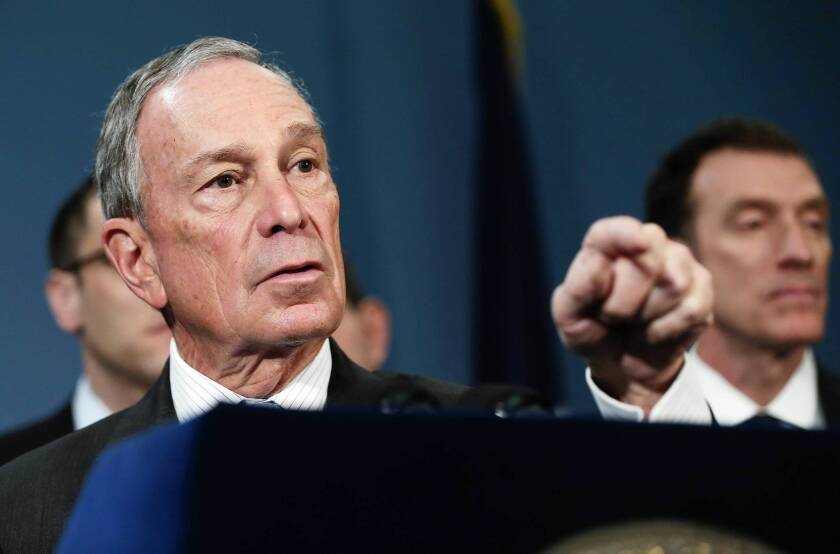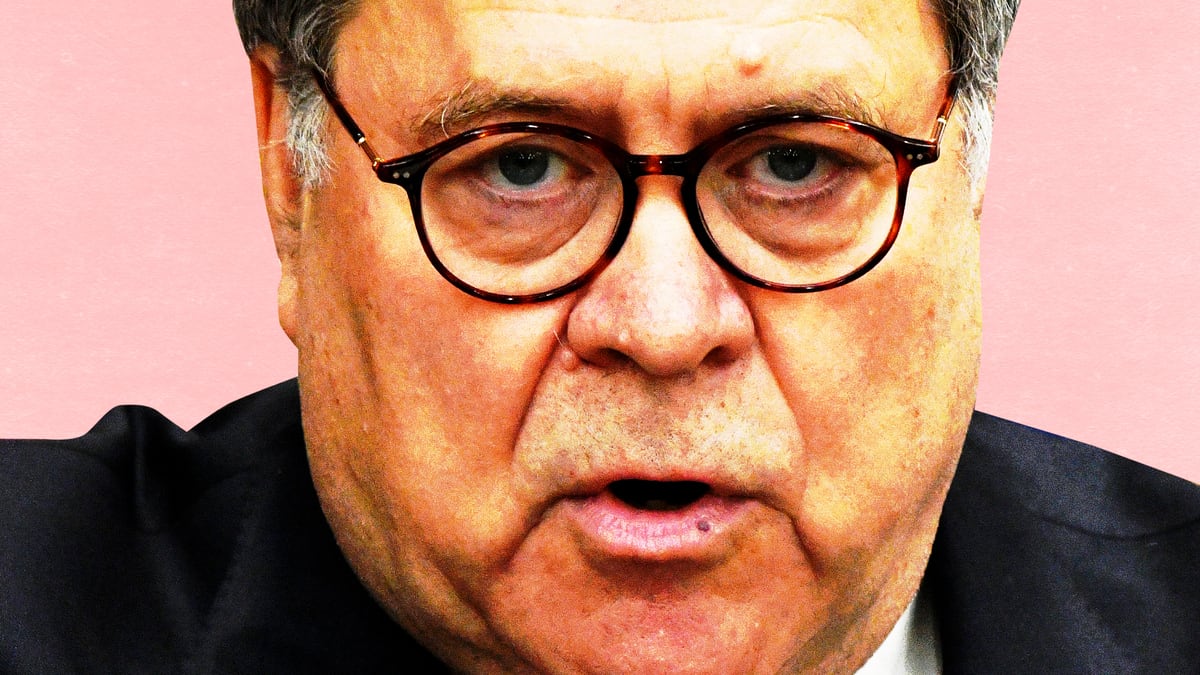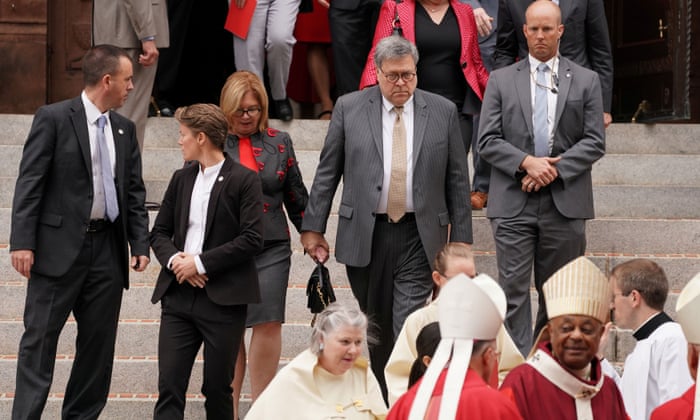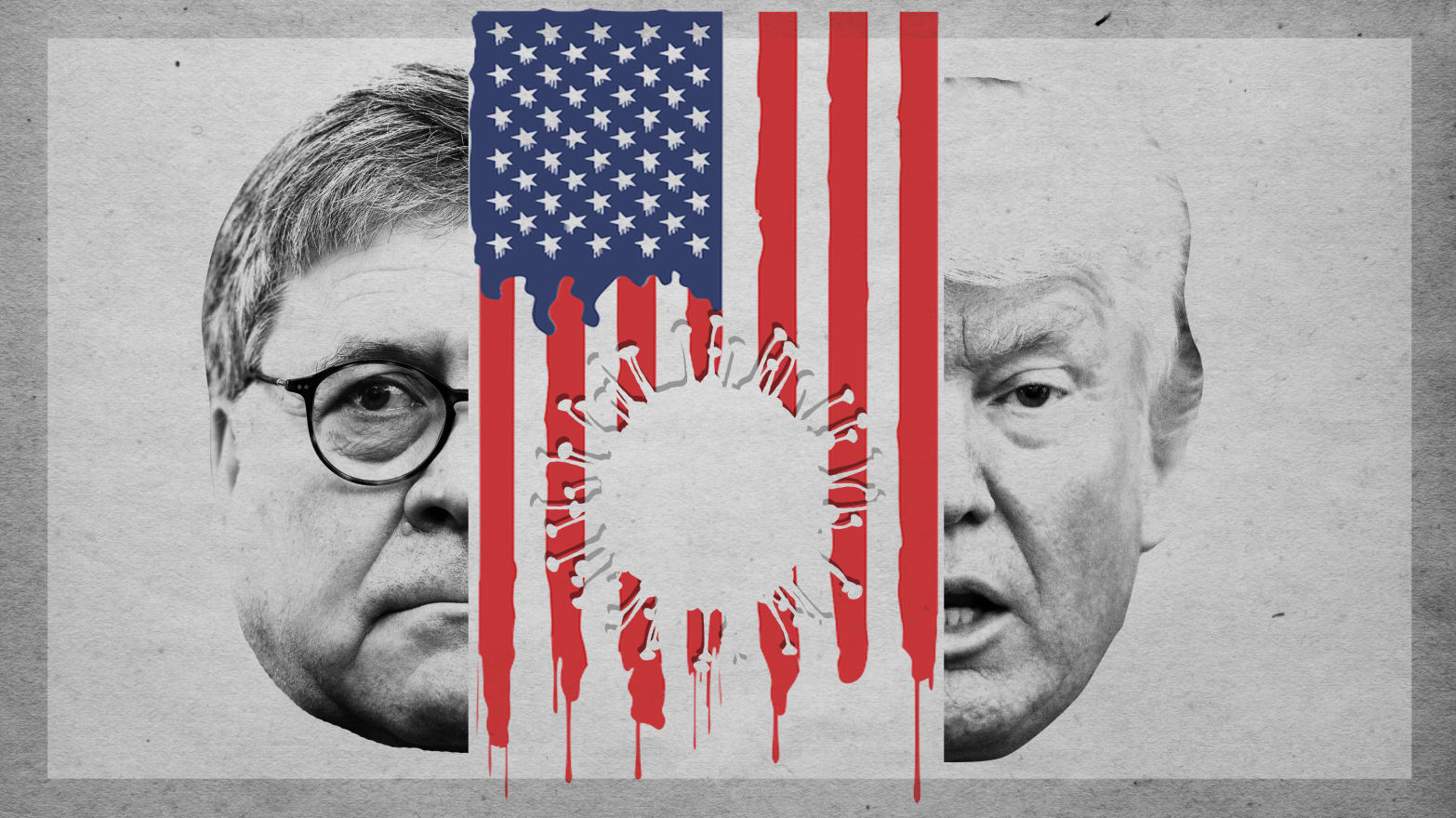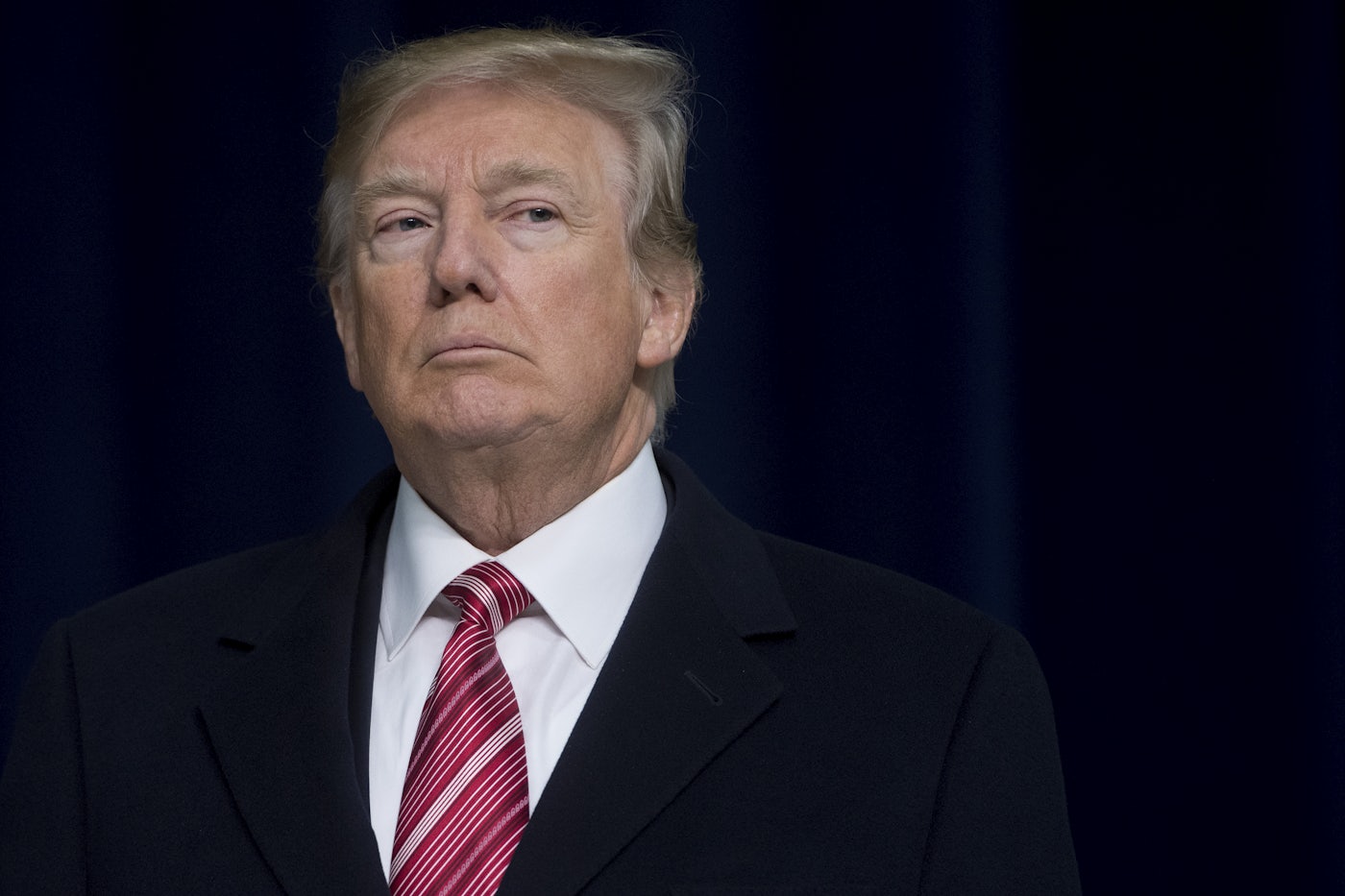
Takeaways From the January 2020 Democratic Debate
In the final debate before the Iowa caucuses, six Democratic candidates were more restrained than roaring, as they sought to make their best positive political cases to the state’s party faithful before the Feb. 3 voting. Here are six takeaways from the debate:
There was little incentive to go on the attack.

Expectations for conflict in Tuesday’s debate were at their highest point in the 2020 campaign cycle. Senators Bernie Sanders and Elizabeth Warren spent the previous two days sparring, Mr. Sanders has been fighting for a week with former Vice President Joseph R. Biden Jr., and former Mayor Pete Buttigieg of South Bend, Ind., has been in the cross hairs of Ms. Warren and Mr. Sanders for weeks.
All of these fireworks did not really materialize in the debate.
With the top four candidates in an effective tie three weeks before the caucuses, none of them saw much incentive in going on the attack.
It’s a reflection of the muddled state of the race. The candidates have all made a calculation that being the aggressor in any interpersonal conflict would only lead to increasing their unfavorable ratings — or falling down Iowa caucusgoers’ second-choice lists, a critical element because supporters of candidates who don’t receive 15 percent support will be free to back someone else.
But for Iowa Democrats who remain undecided in the race — a sizable chunk of the electorate, according to public and private polling — the debate did little to delineate differences between the leading candidates.
The Sanders-Warren clash fell flat — until after the debate.
0:00/0:14
TRANSCRIPT
- Can a woman beat Donald Trump? Look at the men on this stage: Collectively, they have lost 10 elections. The only people on this stage who have won every single election that they’ve been in are the women.
Heading into the debate, tensions between Ms. Warren and Mr. Sanders were high amid news reports that he told her at a private meeting in 2018 that he didn’t believe a woman could be president.
After the broadcast a recording showed Ms. Warren and Mr. Sanders trading accusations that each had called the other a “liar.”
With less than three weeks before the first-in-the-nation caucuses in Iowa, the breakdown of a longstanding nonaggression pact between the two leading liberals in the race cast doubt on whether Mr. Sanders, of Vermont, or Ms. Warren, of Massachusetts, can unite the Democratic Party’s liberal wing.
“I think you called me a liar on national TV,” Ms. Warren told Mr. Sanders after the presidential debate in Des Moines on Tuesday night, referring to their earlier dispute onstage over whether he told her in a private 2018 meeting that a woman could not be president. The New York Times described details of their exchange on Wednesday afternoon, and CNN broadcast an audio recording that night.
According to the audio, Mr. Sanders responded, “What?”
“I think you called me a liar on national TV,” she said again.
“You know, let’s not do it right now,” he said. “If you want to have that discussion, we’ll have that discussion.”
Ms. Warren replied, “Anytime.”
“You called me a liar,” Mr. Sanders said. “You told me — all right, let’s not do it now.”
Both the Warren and Sanders campaigns declined to comment on Wednesday.
The exchange onstage between the two progressives, surrounded by onlookers but wrapped up in their intensely personal rivalry, marked their most direct confrontation in the entire 2020 election. And in some respects, it represented a kind of inevitable concession to reality: If Ms. Warren and Mr. Sanders share an ideological cause, up to a point, they cannot ultimately share a presidential nomination. For Ms. Warren, taking on Mr. Sanders face-to-face risked further angering the far left, sections of which have already turned on her for the rivalry with Mr. Sanders. And while Ms. Warren was praised for addressing the subject of gender head-on during the debate, even some of her supporters acknowledge that tackling sexism so prominently could risk leaving primary voters uneasy about the implications of nominating a woman.
Progressives fear the public division will benefit the moderates in the race — and, more broadly, threaten the movement they have tried to build. Leading progressive groups spent hours Wednesday trying to craft joint statements of unity while their leading political figures were in a public fight.
Warren makes her electability pitch.
One of Ms. Warren’s biggest political obstacles is the perception among some voters that she would face daunting challenges in a general election — both thanks to her boldly progressive outlook, and to societal sexism that many Democrats believe damaged Mrs. Clinton in 2016.
Time after time on the debate stage, Ms. Warren, who has slipped in some polls and struggled to regain the momentum she had in Iowa last fall, sought to take the “electability” issue head on.
“Look at the men on this stage,” she said. “Collectively, they have lost ten elections. The only people on this stage who have won every single election that they’ve been in are the women.”
And she invoked her 2012 victory over then-Senator Scott P. Brown, Republican of Massachusetts, as she declared herself “the only person on this stage who has beaten an incumbent Republican anytime in the past 30 years.”
Ms. Warren proactively brought up the general election as she talked about strong Democratic messaging on health care. As she often does, she referenced her Republican brothers and talked about finding common ground with them.
And, in an effort to cast herself as a unifying figure in the race, she argued, “The real danger that we face as Democrats is picking a candidate who can’t pull our party together or someone who takes for granted big parts of the Democratic constituency,” a remark that could be read as a swipe at all of her top rivals.
Klobuchar throws punches.
0:00/0:12
TRANSCRIPT
- Yes, I think you should show how you’re going to pay for things, Bernie. I do. This president is treating people out there like poker chips in one of his bankrupt casinos the way he is adding to our debt.
The one candidate throwing punches left and right was Senator Amy Klobuchar of Minnesota. She needed to make an impact in order to jump from the 6 percent to 8 percent support she’s received in polls to the 15 percent required to accrue any delegates from the Iowa caucuses.
Ms. Klobuchar attacked Mr. Sanders on health care, Ms. Warren on pushing too-grand plans and said her experience in the Senate is more suited to the presidency than Mr. Buttigieg’s time as a Naval intelligence officer in Afghanistan.
Yet while she described herself as a winner tethered to the Midwest, somebody whose friends and neighbors hail from flyover country, she didn’t come out of Tuesday’s debate with any significant headlines of her own.
Perhaps the most interesting moment for Ms. Klobuchar came when she had a brief brush with catastrophe by appearing to momentarily forget the name of the governor of Kansas, Laura Kelly. Ms. Klobuchar briefly bowed her head, mumbled, before spitting out the name: “Governor Kelly.”
Ms. Klobuchar has defied expectations by surviving in the campaign longer than several of her more famous and more established rivals. The question for her over the next three weeks is whether she can reach a level higher and finally seize a place in the race’s top tier.
The only vetting of Buttigieg came from the moderator Abby Phillip on race.
0:00/0:14
TRANSCRIPT
- Black voters who know me best are supporting me. It’s why I have the most support in South Bend. It’s why among elected black officials in my community who have gotten into this race, by far most of them, are supporting me.
Only once on Tuesday night did Mr. Buttigieg face a question about the biggest vulnerability facing his campaign: can he grow his appeal with black voters?
The CNN moderator Abby Phillip asked Mr. Buttigieg if, contrary to his campaign’s claim that he just isn’t known in black communities, black voters have indeed taken a measure of him and just decided they don’t like what they see.
“Is it possible black voters have gotten to know you and have simply decided to choose another candidate?” she said, posing a sharper version of a question being asked of Mr. Buttigieg in interviews and occasionally by voters on the campaign trail.
Mr. Buttigieg deftly dodged by suggesting that the black voters who “know me best” — in his native South Bend — chose him twice to lead the city. And he cited recent endorsements from Representative Anthony Brown of Maryland and Mayor Quentin Hart of Waterloo, Iowa, who this week became the two most prominent African-American elected officials to back him.
“The biggest mistake we can make is take black votes for granted, and I never will,” he said. “The reason I have the support I do is not because any voter thinks I’m perfect, it’s because of the work that we have done facing some of the toughest issues.”
But he didn’t explain how he would increase his support among black voters — a question that will be central to his candidacy once the campaign moves to South Carolina and other states with significant black populations.
Biden avoids attacks.

Before the debate, some of the leading Democratic campaigns had telegraphed the possibility of sharp attacks on Mr. Biden, who continues to lead in national polls.
Yet onstage, no one landed a knockout punch.
Mr. Sanders’s campaign had been especially aggressive in swiping at Mr. Biden’s record on issues from Social Security to war in the lead-up to the debate. While Mr. Sanders drew some contrasts with Mr. Biden, in particular on Mr. Biden’s vote to authorize military action in Iraq, this was hardly the pile-on that Mr. Biden had experienced in earlier debates.
Mr. Biden, who flew under the radar particularly at the last debate, often stayed in his comfort zones — discussing foreign policy and health care — and he was not the center of the kind of memorable exchanges that had dealt his campaign blows earlier in the race.
